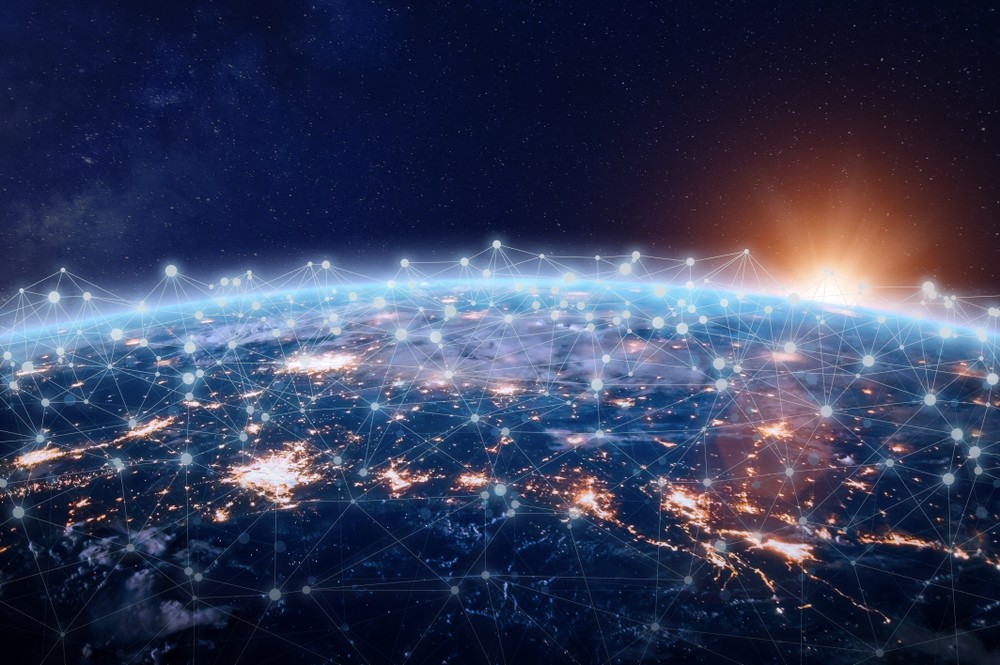IEEE, the world's largest technical professional organisation dedicated to advancing technology for humanity, has released the results of a survey of chief information officers (CIOs) and chief technology officers (CTOs) in the U.S., U.K., China, India and Brazil regarding the most important technologies for 2021 overall, the impact of the COVID-19 pandemic on the speed of their technology adoption and the industries expected to be most impacted by technology in the year ahead.
2021 Most Important Technologies and Challenges
Which will be the most important technologies in 2021? Among total respondents, nearly one-third (32%) say AI and machine learning, followed by 5G (20%) and IoT (14%).
Manufacturing (19%), healthcare (18%), financial services (15%) and education (13%) are the industries that most believe will be impacted by technology in 2021, according to CIOs and CTOS surveyed. At the same time, more than half (52%) of CIOs and CTOs see their biggest challenge in 2021 as dealing with aspects of COVID-19 recovery in relation to business operations. These challenges include a permanent hybrid remote and office work structure (22%), office and facilities reopenings and return (17%), and managing permanent remote working (13%). However, 11% said the agility to stop and start IT initiatives as this unpredictable environment continues will be their biggest challenge. Another 11% cited online security threats, including those related to remote workers, as the biggest challenge they see in 2021.
Technology adoption, acceleration and disaster preparedness due to COVID-19
CIOs and CTOs surveyed have sped up adopting some technologies due to the pandemic:
- More than half (55%) of respondents have accelerated adoption of cloud computing
- 52% have accelerated 5G adoption
- 51% have accelerated AI and machine learning
The adoption of IoT (42%), augmented and virtual reality (35%) and video conferencing (35%) technologies have also been accelerated due to the global pandemic.
Compared to a year ago, CIOs and CTOs overwhelmingly (92%) believe their company is better prepared to respond to a potentially catastrophic interruption such as a data breach or natural disaster. What’s more, of those who say they are better prepared, 58% strongly agree that COVID-19 accelerated their preparedness.
When asked which technologies will have the greatest impact on global COVID-19 recovery, one in four (25%) of those surveyed said AI and machine learning,
Cybersecurity
The top two concerns for CIOs and CTOs when it comes to the cybersecurity of their organisation are security issues related to the mobile workforce including employees bringing their own devices to work (37%) and ensuring the Internet of Things (IoT) is secure (35%). This is not surprising, since the number of connected devices such as smartphones, tablets, sensors, robots and drones is increasing dramatically.
Slightly more than one-third (34%) of CIO and CTO respondents said they can track and manage 26-50% of devices connected to their business, while 20% of those surveyed said they could track and manage 51-75% of connected devices.




